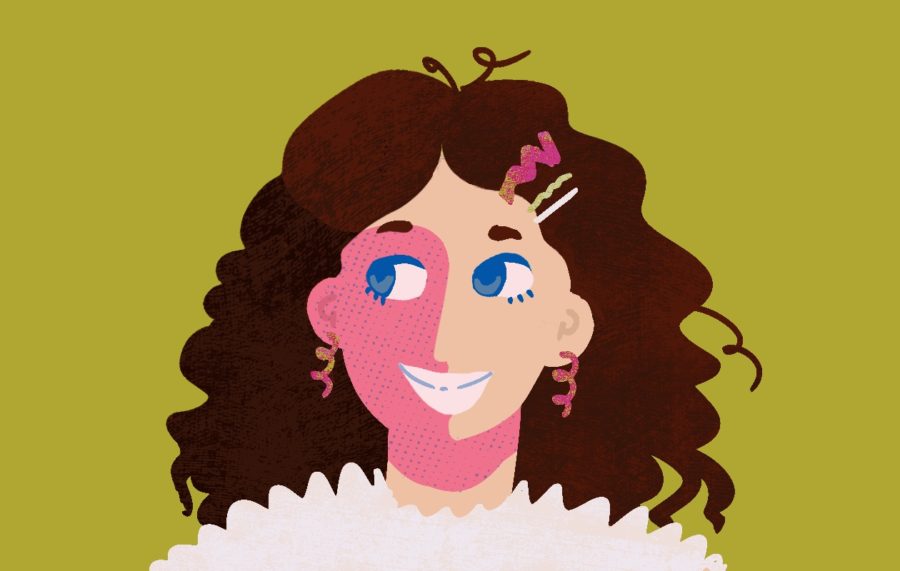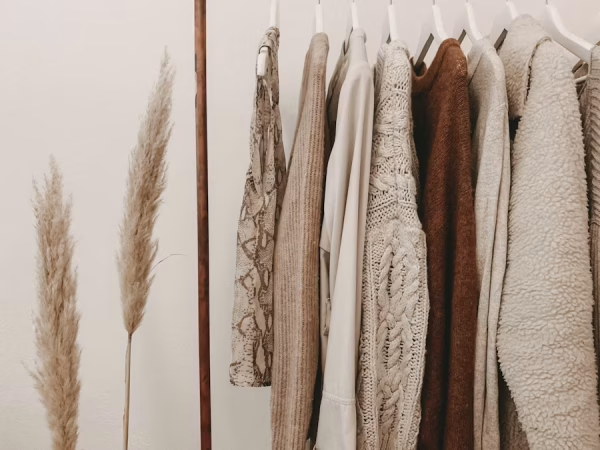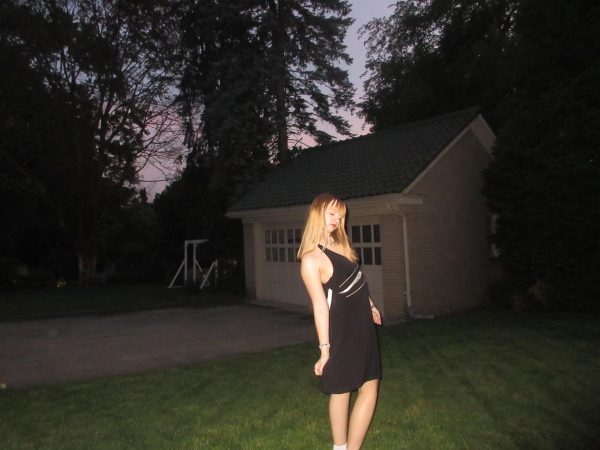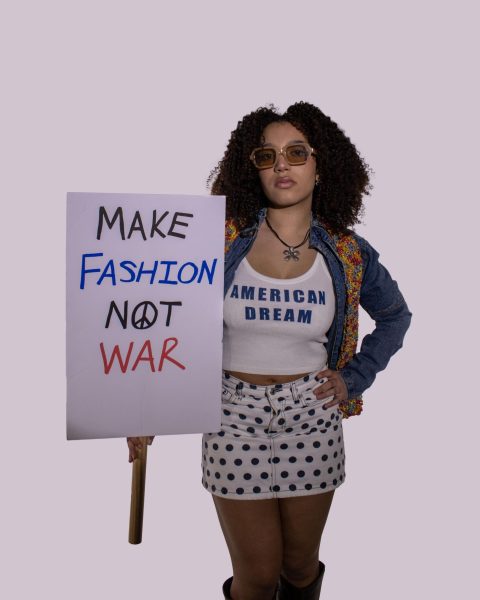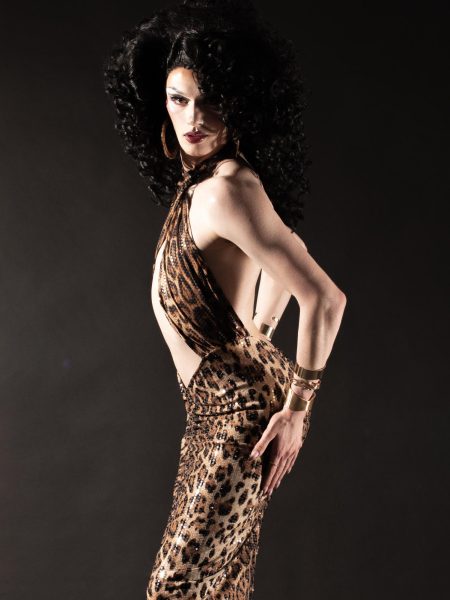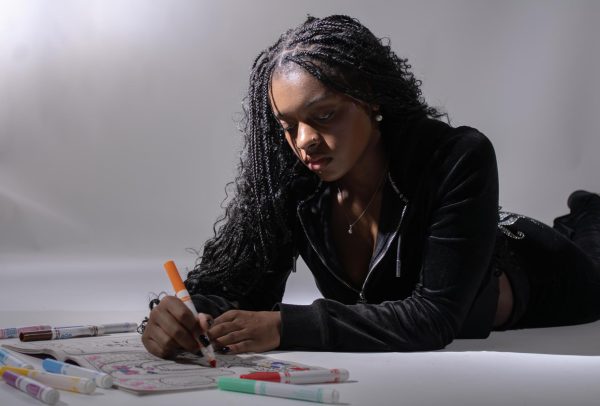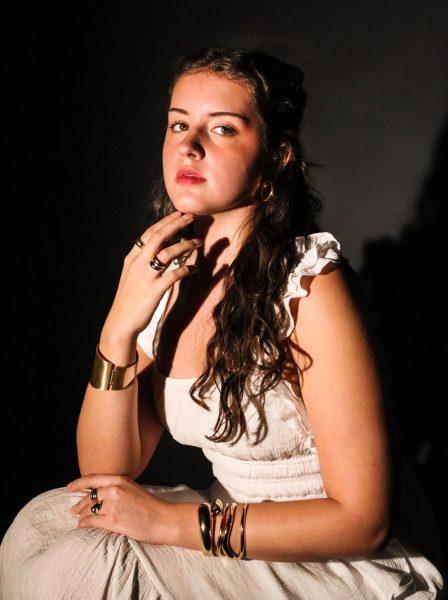finding authenticity in fashion
Entering the world of fashion can feel very intimidating and almost cutthroat. The industry is often portrayed as rooms full of snotty people who get paid to judge others, so it is understandable that within the industry being soft could appear as a weakness.
As someone who wears their heart on their sleeve, prides themselves on feeling emotions and is open to vulnerability, there have definitely been times when I have questioned whether or not I would ever be able to find a place for myself within this industry. This is why finding people and communities within the industry that are honoring themselves and creating meaningful connections is so important to me.
It is easy to fall victim to the feeling of needing to change yourself in order to find your place, but the best thing you could do is be who you truly are. When you show up as yourself and come as you are, everything else around you will fall into place.
I have been trying to bridge the gap between the things that I am most passionate about: community, meaningful connection, helping others and fashion.
Though the fashion industry can feel very superficial, an entire industry cannot be judged based on a stereotype. There are plenty of people and companies that are doing meaningful work that goes hand and hand with fashion. One company that is bridging the gap is SEP Jordan.
SEP stands for Social Enterprise Project, and the brand was founded by Roberta Ventura in 2013. SEP was the first Jordanian private company to set up in the Jerash “Gaza” Camp in Jordan. What makes SEP so unique is that the majority of its workers are refugees, and unlike the majority of clothing manufacturers, the company says it treats them with respect and as colleagues and artists, instead of treating them as if they are simply recipients of aid.
At Kent State, professor Hillary Stone is making an active difference. She teaches multiple practical fashion courses and takes on a multitude of different jobs within The School of Fashion but she is most known for her Professional Seminar class. In this course, she teaches students about professionalism and helps them prepare for the internship process.
Through her teaching, she also shares her real-life experiences and is vulnerable with her students. She preaches individuality and makes it known how important it is to stay true to who you are within this industry.
“I have always been a part of the fashion industry,” Stone said. “Working in the fashion industry put me through school…Working retail all through high school and college helped supplement my education.”
At the beginning of her career, Stone said she perceived the industry to be much more glamorized than it actually was, which is a common misconception when discussing the industry.
“There is that weird perception that everything is so glamorous, and it is to an extent, but behind closed doors the real work begins, people roll up their sleeves and do their due diligence,” Stone said.
The intimidation of this industry is not exclusive to fashion, as humans we are flawed and mistakes are to be made. Stone opened up the conversation by pointing out that there are many flawed industries and this way of thinking is not mutually exclusive to the fashion world.
“I think human beings are human beings and we are powerless over other human beings,” Stone said. “There are individuals who are very affected, they are egocentric and their agenda is all about themselves, so regardless of what industry you are in you will always come across individuals who are like that.”
The most important thing you can do is stay true to yourself. It is easy to be jaded by those around you, especially in an industry that can be daunting at times. There is power in vulnerability and having strong emotions will help you propel your work forward with passion, which will make you stand out from the rest.
As time progresses, fashion is evolving and hopefully, kindness and community will continue to infiltrate the fashion realm. One day we can rid this profession of the harsh stereotypes and it can blossom into a community of people who are passionate about changing the industry for the better.
Support Student Media
Hi! I’m Catie Pusateri, A Magazine’s editor-in-chief. My staff and I are committed to bringing you the most important and entertaining news from the realms of fashion, beauty and culture. We are full-time students and hard-working journalists. While we get support from the student media fee and earned revenue such as advertising, both of those continue to decline. Your generous gift of any amount will help enhance our student experience as we grow into working professionals. Please go here to donate to A Magazine.

